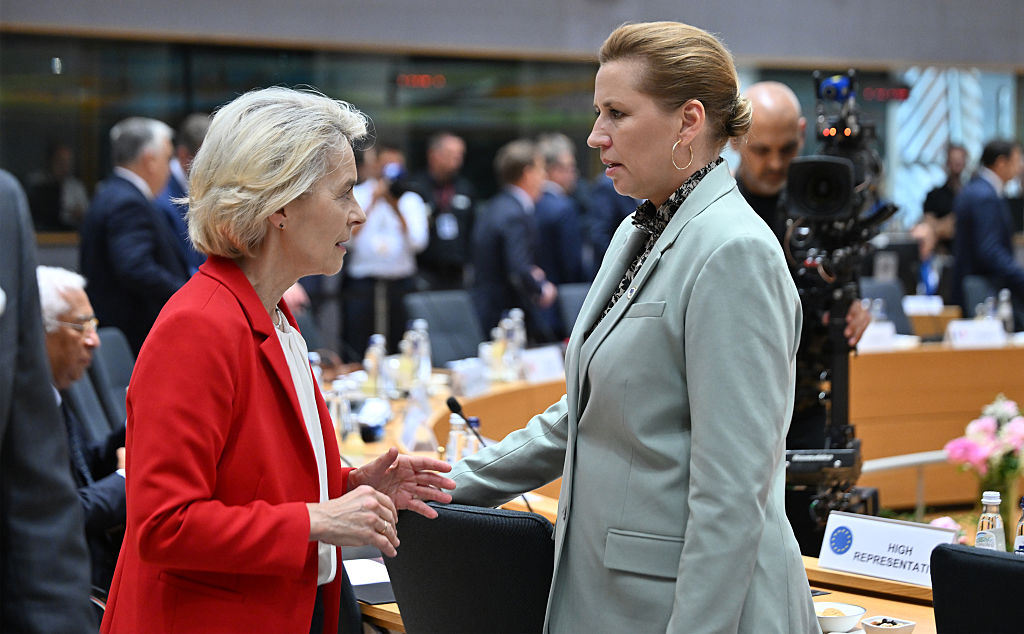Sweden considers economic penalties for long healthcare queues
Financial penalties risk hitting the already strained budgets of regional economies, their association warns

Swedish regions that fail to meet the country’s care guarantee provision could face economic sanctions in the future. The government is considering the introduction of penalties, but the proposal risks backfiring on patients, say critics.
The Swedish care guarantee (vårdgarantin) is a statutory right granting patients in Sweden access to primary care on the same day, get a medical assessment within three days, and a first appointment in specialist care within 90 days. They can also have any procedure or treatment in specialist care within 90 days of the treatment decision.
It is the country’s 21 regions, as care providers, that ensure that patients’ rights are upheld.
“We do not think that it is reasonable that, year after year, the care guarantee can be violated by the regions. This cannot continue,” said Elin Karlsson, a surgeon and president of the Swedish Association of Senior Hospital Physicians, the largest association within the Swedish Medical Association.
Bad performance, possible penalties
The figures on their performance are bleak, leading the Swedish centre-right government to investigate economic penalties for regions that fail to fulfil the guarantee in specialist care, either in hospitals or at outpatient care.
Only 62 per cent receive a meeting with a specialist doctor in time, and only 60 per cent get the procedure or needed treatment in specialist care in due time, according to the Swedish Association of Local Authorities and Regions’ (SALAR’s) waiting times statistical service.
An existing investigative committee looking into a new care guarantee within specialist care will now also analyse a sanction-based system, and recommend the level of economic penalty.
“By increasing government control of healthcare, we are influencing working methods within the regions to ensure that every patient receives the care they are entitled to, the Minister for Health Elisabet Lann (EPP) stated recently.
Counterintuitive measures
However, the decision to consider possible sanctions has been met with criticism and doubt over its effectiveness in reducing waiting times.
Anna-Lena Hogerud, a Social Democrat and chair of SALAR’s board, told Euractiv, “These are not due to unwillingness, as the government seems to believe, but to a lack of staff with the right skills.”
Elin Karlsson told Euractiv, “Financial sanctions or penalties have never led anywhere. Then there is the risk that hospital administrators try to find loopholes and correct the figures to avoid fines.”
“We see a great risk that sanctions will hit a region’s already strained economy and increase inequality between regions,’ Hogerud added.
Instead of economic penalties, she requests greater state support to expand nursing and medical training programmes to meet demand.
Healthcare personnel needed
Today, Sweden has an extensive lack of doctors and nurses and among the lowest numbers of hospital beds per capita in the EU.
Despite the existence of government direct performance-based subsidies, the regions have not met the conditions for the guarantee for all patients.
“We really do need to have a health care system which retains staff and has excess capacity to treat and care for patients. Moreover, we need to let the medical profession in on how to reduce cues,” Karlsson said.
To shorten waiting lists, the government is providing targeted subsidies for hip replacement, cataract, and prolapse operations. It also plans to continue to provide similar support for other types of operations.
According to Elin Karlsson, such moves also risk causing more waiting for other patients in need of operations.
However, Anna Nergårdh, a cardiology and internal medicine specialist who leads the ongoing investigative committee, believes it is reasonable to consider economic sanctions.
“When we investigate the care guarantee and its supervision, I think it is good that we have the opportunity to look at gradual sanctions for regions that systematically fail to meet the care guarantee. In this process, it is reasonable that we also have the opportunity to analyse and investigate penalties,” she told Euractiv.
The current Swedish health care supervisory authority, IVO, does not have direct responsibility for the care guarantee.
[VA, BM]








